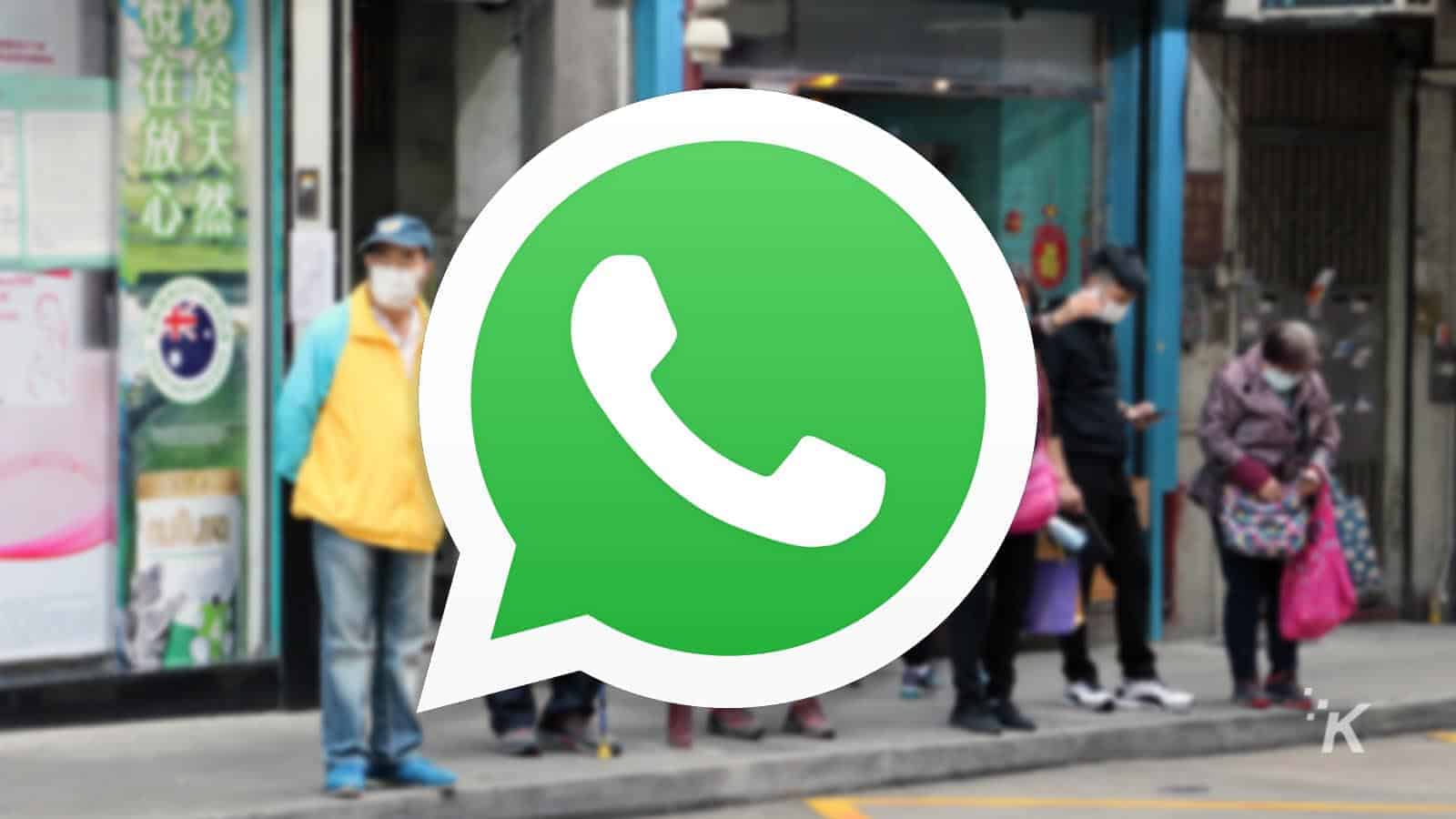Tech
WhatsApp is adding FaceID and fingerprint recognition for its desktop applications
The extra security will be enabled by default.

Just a heads up, if you buy something through our links, we may get a small share of the sale. It’s one of the ways we keep the lights on here. Click here for more.
WhatsApp revealed in a tweet from its official Twitter account that it would add an extra security layer for WhatsApp users that use web and desktop versions of the service. The upcoming rollout will require a fingerprint or FaceID authentication when linking devices.
Until now, to start a session on WhatsApp for PC or WhatsApp Web, the user needed to scan a QR code. With the latest rollout, that won’t be the case anymore as biometric authentication will be mandatory for both iPhone and Android users. Users will either use their face recognition system or their fingerprint scanner. Only after you pass that authentication you can proceed to scan the QR code.
The thing is, WhatsApp doesn’t have a stand-alone client for browsers and PCs. Both the browser and the desktop WhatsApp version can only work in conjunction with the smartphone application by mirroring it.
The extra security will be enabled by default. However, that doesn’t mean there is no way around it. Those that don’t like the added security can always disable it using their smartphone.
Earlier this month, WhatsApp also updated its privacy policy and announced that everyone should accept the new terms or lose access to their account. The initial deadline for accepting the new terms was February 8th.
However, after a massive backsplash and criticism from both within the industry and users, it postponed the deadline for accepting the new terms by three months. Simultaneously, thanks to misinformation about the new terms, many people switched to Signal and Telegram.
There is no exact data on the exact number of users that stopped using WhatsApp on account of those fake news, but if we estimate the exodus, considering WhatsApp’s fast reaction and decision to postpone the update to May 16th, that number is substantial.
WhatsApp’s efforts to reassure users that the new update only affects business users seems too late. That is why they postponed the update, hoping that their users will have the time to read the new service rules and understand that there is no room for concern. In the meantime, Telegram and Signal are growing at a hectic pace.
Have any thoughts on this? Let us know down below in the comments or carry the discussion over to our Twitter or Facebook.
Editors’ Recommendations:
- The Iranian government has blocked the messaging app Signal after a massive increase in users
- A Telegram bot is selling Facebook users’ phone numbers for $20 a pop
- Facebook’s new Vanish mode brings disappearing messages to Messenger and Instagram
- Twitter is buying a newsletter company because short-form content isn’t good enough anymore


























